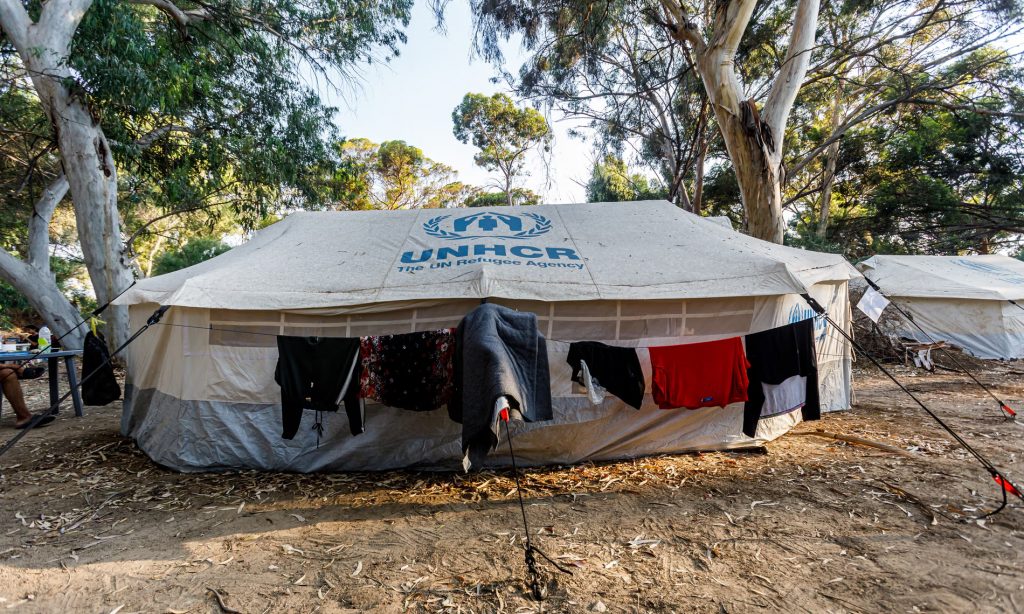An expert group from the Council of Europe has called on Cyprus to take stronger measures to protect migrant workers and asylum seekers who are at risk of human trafficking. The latest findings from the Group of Experts on Action against Trafficking in Human Beings (GRETA) assess the country’s actions between 2020 and 2024, highlighting both achievements and areas that require significant improvement.
Key Findings from the GRETA Report
The GRETA report commends Cyprus for several positive developments in its fight against human trafficking. Notably, the country established a specialized anti-trafficking unit within its Social Welfare Services and bolstered its police efforts by expanding the staff at the Police Office for Combating Trafficking in Human Beings. Furthermore, the introduction of the 2023–2026 National Strategy against human trafficking is seen as a positive step in the right direction, particularly in its efforts to identify and support potential victims, especially among vulnerable asylum seekers and migrant labourers.
However, despite these advancements, the report also highlights several pressing issues that remain unresolved. One of the most concerning findings is the decline in the number of formally identified trafficking victims. Only 110 cases of trafficking were recorded between 2020 and August 2024, a troubling figure that suggests gaps in victim identification and support. Delays in identifying victims — sometimes lasting up to six months — mean that vulnerable individuals may not receive the critical assistance they need during a crucial time. GRETA emphasized that formal recognition of victims should not be solely dependent on the likelihood of prosecuting traffickers. This approach leaves many individuals exposed to further exploitation and abuse.
Challenges Faced by Migrant Workers in Cyprus
The report also raises serious concerns about the conditions facing migrant workers, particularly those employed in domestic work. Many third-country nationals are excluded from the protections offered by Cyprus’ minimum wage laws, and they are often confined to specific sectors, which limits their opportunities and increases their vulnerability to exploitation. Domestic workers, in particular, are reported to face extremely harsh working conditions, with few mechanisms in place to protect them from abuse or trafficking.
GRETA urges Cypriot authorities to address these disparities by strengthening labour rights for migrant workers. The experts recommend improving oversight of domestic work environments to ensure that employers adhere to labour laws and that workers are not subjected to exploitation. Furthermore, reducing the dependency of migrant workers on individual employers for their legal and work status is seen as a crucial step in minimizing their vulnerability to trafficking.
What Steps Are Needed to Protect Migrant Workers and Asylum Seekers?
To better safeguard migrant workers and asylum seekers in Cyprus, experts suggest several key measures:
- Strengthening Labour Protections: Expanding labour rights for migrant workers, particularly those in vulnerable sectors like domestic work, to ensure that all workers receive fair pay and protections from exploitation.
- Improving Monitoring and Oversight: Increasing monitoring of domestic workplaces to ensure compliance with labour laws and to prevent abusive practices by employers.
- Reducing Dependency on Employers: Taking steps to lessen the reliance of migrant workers on individual employers for their legal status and employment, thus reducing the risk of trafficking and exploitation.
These measures are seen as essential for creating a more secure environment for migrant workers and asylum seekers, ensuring that they are protected from abuse and trafficking.
Cyprus Needs Decisive Action to Protect Vulnerable Populations
While Cyprus has made important strides in addressing human trafficking, the Council of Europe’s GRETA experts stress that more decisive action is needed to fully protect vulnerable populations, particularly migrant workers and asylum seekers, from exploitation. The persistent challenges highlighted in the report demonstrate that Cyprus must continue to build on its progress, with a focus on ensuring the rights and safety of those who are most at risk.

